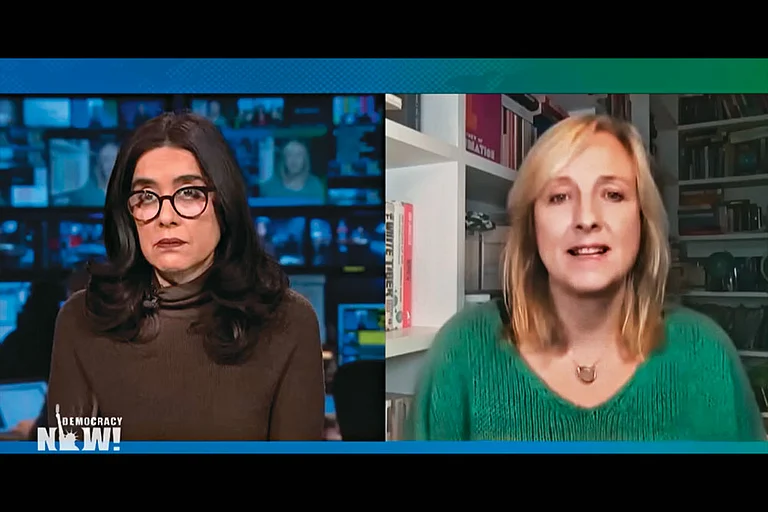
Summary of this article
In a reversal, Donald Trump has called on House Republicans to vote for full disclosure of all documents related to the Jeffrey Epstein investigation, insisting that “we have nothing to hide.”
A cross-party group is pushing legislation requiring the DOJ to release Epstein-related documents, with redactions only for victim identities or active investigations. Rep. Thomas Massie says many Republicans may support it, potentially creating a veto-proof majority.
Trump’s shift highlights growing pressure for transparency as the House prepares for a possible vote. If passed, the release could reveal extensive information about Epstein’s network and intensify political scrutiny.
US President Donald Trump on Sunday publicly urged his fellow Republican members of the House to vote in favour of the full disclosure of the files connected to the investigation into Jeffrey Epstein, stating: “we have nothing to hide.”
In a post to the social-media platform Truth Social, Trump wrote: “House Republicans should vote to release the Epstein files, because we have nothing to hide.” He went on to label the scrutiny as a “Democrat hoax perpetrated by Radical Left lunatics,” and said Republicans should instead emphasise their record on the economy, inflation, tax cuts and border security.
The Bill to Release the Files
A bipartisan group of lawmakers is pressing ahead with legislation that would compel the United States Department of Justice (DOJ) to make public all documents and communications tied to Epstein and the federal investigation into his death in custody. The bill would allow redactions only for victim identities or matters still under active investigation.
Rep. Thomas Massie (R-Ky.) told Sunday talk shows that a “deluge of Republicans” could back the measure, potentially leading to a veto-proof majority. He added that this issue has become a source of frustration for GOP members eager to pivot back to policy achievements.
Trump’s own name appears in the publicly released investigation files; however, he has not been charged in relation to Epstein’s alleged sex-trafficking crimes. Epstein died by suicide in jail in 2019 while awaiting trial. Trump’s reversal—moving from opposing or staying mute on full disclosure to calling for a vote—marks a notable shift. The encouragement for Republicans to embrace transparency on the Epstein files may reflect rising pressure within the GOP and among the public for accountability.
Should the document-release bill pass, it could force wide-ranging disclosures about Epstein’s network, his ties with prominent figures, and the circumstances of his death — potentially triggering fresh political and legal scrutiny.
As the House moves toward a possible vote this week, GOP leadership faces a strategic question: whether to align with the disclosure drive or maintain tighter control of the message around Epstein. Either way, the debate underscores a fraught moment for the party as it balances questions of ethics, transparency and its broader agenda.






















